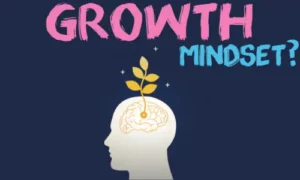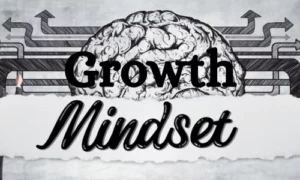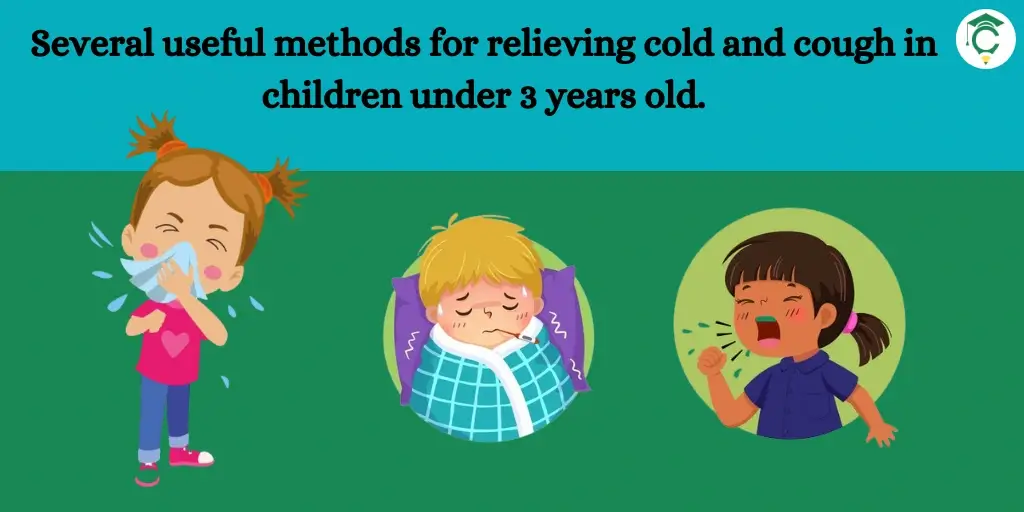Every parent aspires for their child to be resilient, successful, and happy. However, how do we raise children who have confidence in themselves, learn from their mistakes, and strive to improve? The development of a growth mentality is the solution. Children’s self-perception and abilities are greatly influenced by positive parenting. Positive parenting fosters a child’s faith in their ability to develop through work and education, rather than emphasising results or natural aptitude.
1. Understanding Growth Mindset

A growth mindset, a term popularised by psychologist Carol Dweck, is the belief that abilities and intelligence can develop through dedication and effort. It stands in contrast to a fixed mindset, which holds that a person’s abilities and characteristics cannot be altered.
- Children with a growth mindset:
- Embrace challenges
- Learn from feedback
- See effort as a path to mastery
- Bounce back from failures with resilience
2. What Is Positive Parenting?

Positive parenting is an approach that focuses on:
- Encouraging good behaviour through support
- Building trust and mutual respect
- Offering guidance rather than punishment
- Promoting emotional intelligence
This parenting style helps children feel secure, confident, and open to growth and feedback.
3. Avoiding Common Growth-Mindset Blockers

A fixed perspective can be unintentionally reinforced by even well-meaning parents.
- Over-praising intelligence: Can make children fear failure
- Criticising mistakes harshly discourages risk-taking
- Comparing to others: Undermines self-confidence
Instead, keep the focus on individual effort and learning.
4. Creating a Growth-Mindset Environment at Home

Foster a home environment where growth and learning are celebrated:
- Display books, puzzles, and creative tools
- Talk openly about your goals and learning journeys
- Encourage trying new things—even if they’re hard
- Create routines that support consistent effort (e.g., reading time, skill practice)
5. Positive Affirmations for Children

Use positive affirmations to reinforce a growth mindset:
- “I am capable of learning new things.”
- “Challenges help me grow.”
- “I can learn from my mistakes.”
- “I don’t give up easily.”
Repeat them regularly to strengthen your child’s self-belief.
Conclusion
Raising a child with a growth mindset is about teaching them how to learn, grow, and believe in their abilities, rather than pushing them to be perfect. Positive parenting fosters a safe and supportive environment in which children can explore, fail, and succeed.
By using everyday moments to foster a development mentality in your child, you are preparing them to thrive in life, not simply succeed in school.







production company
July 8, 2025need a video? film production company in italy offering full-cycle services: concept, scripting, filming, editing and post-production. Commercials, corporate videos, social media content and branded storytelling. Professional crew, modern equipment and a creative approach tailored to your goals.
faamru
July 8, 2025Продажа тяговых https://faamru.com аккумуляторных батарей для вилочных погрузчиков, ричтраков, электротележек и штабелеров. Решения для интенсивной складской работы: стабильная мощность, долгий ресурс, надёжная работа в сменном режиме, помощь с подбором АКБ по параметрам техники и оперативная поставка под задачу
ab-resurs
July 8, 2025Продажа тяговых https://ab-resurs.ru аккумуляторных батарей для вилочных погрузчиков и штабелеров. Надёжные решения для стабильной работы складской техники: большой выбор АКБ, профессиональный подбор по параметрам, консультации специалистов, гарантия и оперативная поставка для складов и производств по всей России
kraken
July 8, 2025Надежный даркнет маркет на кракен даркнет работает с 2022 года со стабильным доступом к площадке
RobertDow
July 8, 2025Продажа тяговых ab-resurs.ru аккумуляторных батарей для вилочных погрузчиков и штабелеров. Надёжные решения для стабильной работы складской техники: большой выбор АКБ, профессиональный подбор по параметрам, консультации специалистов, гарантия и оперативная поставка для складов и производств по всей России
Stanleywiz
July 8, 2025Продажа тяговых faamru.com аккумуляторных батарей для вилочных погрузчиков, ричтраков, электротележек и штабелеров. Решения для интенсивной складской работы: стабильная мощность, долгий ресурс, надёжная работа в сменном режиме, помощь с подбором АКБ по параметрам техники и оперативная поставка под задачу